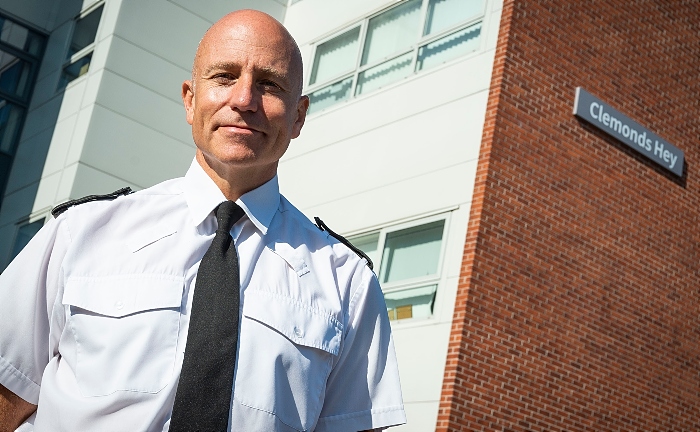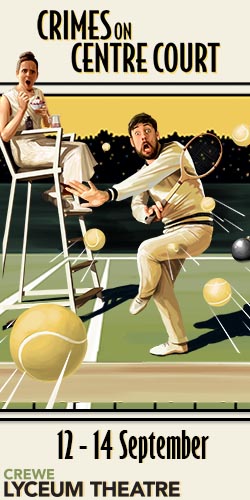
Police have stepped up patrols in Nantwich and other Cheshire East town centres to crackdown on possible spiking attempts and to help safeguard women and girls, writes Belinda Ryan.
Superintendent Peter Crowcroft said there had been one confirmed spiking case in Cheshire, where a needle has been put into someone’s arm.
And “that’s one too many” he added.
Supt Crowcroft told members of Cheshire East Council’s scrutiny committee that the force has been carrying out “really intense action” at weekends.
“I’ve got plain clothes officers, drug dogs, high visibility officers in and out of the licensed premises, on the streets.
“The first two weekends we had quite a lot of feedback from females saying are you here because of the drink spiking,” said the Eastern area police commander
“Locally we’ve had eight reports, we’ve had a further two this weekend.
“We have had only one confirmed case where we’re able to forensically say that actually was a spiking.
“But we have now made a decision that we are now looking to send off samples to make sure that we do start to try and identify anything that is being used.”
The police boss said a survey done by Cheshire East Council had revealed many women did not feel safe in public places, particularly at night time and in towns with a lot of licensed premises.
“While we’ve been walking around, part of our focus is on this violence and intimidation against women and girls,” said Supt Crowcroft.
He said a safety bus being trialled was proving a success.
“What we’ve found, as part of this safety bus, is we’ve managed to secure the safety of a number of females, but also two males, who have been completely incapable of taking care of themselves,” said the superintendent.
Wilmslow councillor Lata Anderson (Ind) asked whether the safety bus was just a trial or here to stay.
The superintendent replied it would be evaluated.
“Whilst it’s having value, I think it’s something that’s really welcome because the street pastors are part of it, My CWA (formerly Cheshire Without Abuse) are a part of it,” he said.
“It’s driven by a police officer but staffed by non-police officers, so it creates that environment of safety and also we can give education as well.”
Committee chair Liz Wardlaw (Odd Rode, Con) said: “So even if it didn’t take anyone home, they could sit there until they were sober enough to get home.
“And equally, then, the amount of money that would be saving the National Health Service, the amount of money it’s saving in lock-up time, the amount of police officers that remain on the street because they’re not having to go and admit somebody through that system, so there’s a lot of pluses there.”
Police are also targeting behavioural offences, like cat-calling, where usually drunken men, often in large groups, make inappropriate comments to women.
“The perception among some males is that they haven’t realised the negative effects and some of them even believe it’s a compliment,” said Supt Crowcroft.
He said he was meeting with leaders from business, commerce, local authorities, education and police this week.
“I’m going to ask the questions about what information and education can we give our own employees about the effects of certain behaviours; what information have we got that we can take from our own staff, particularly female, about what more we could do,” said the Supt.
He said he also wanted to know what confidence people had in the police and what else could be done, by everyone, to take a stand against violence and intimidation against women and girls.





















Recent Comments